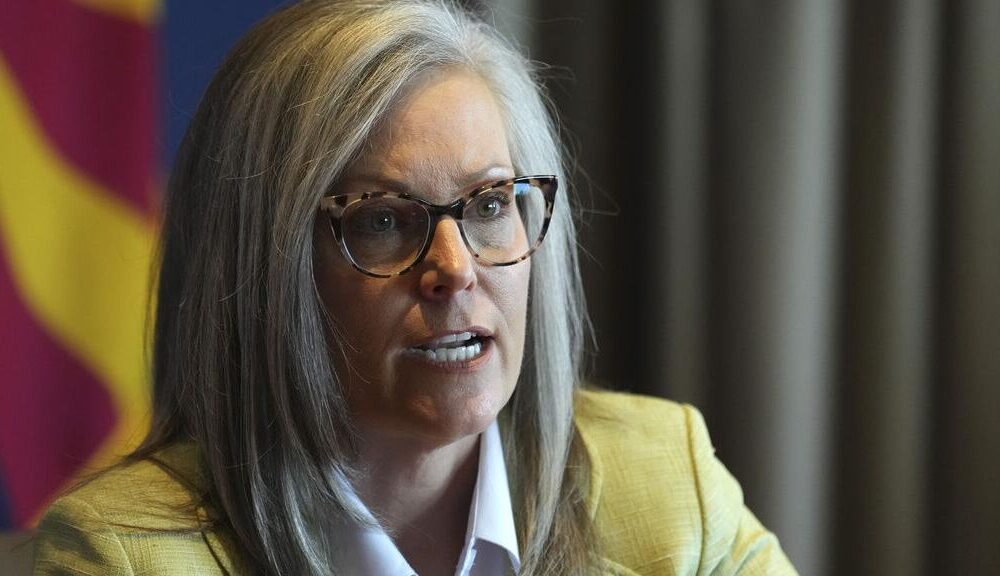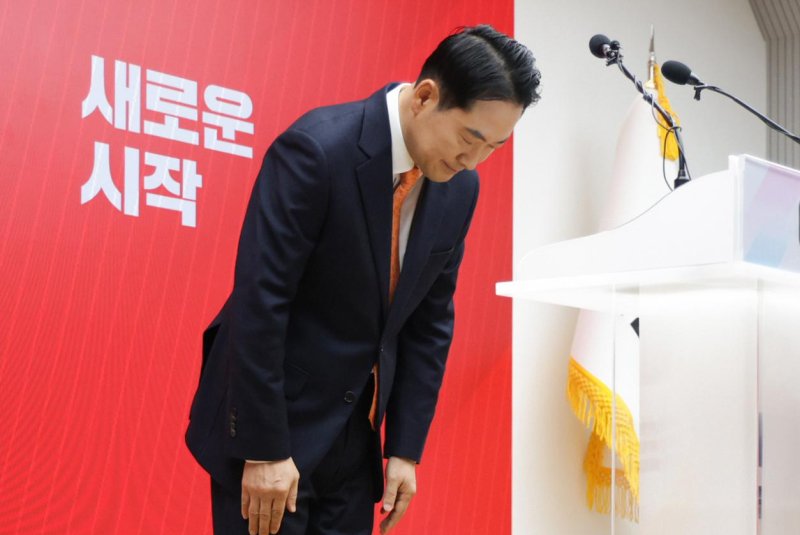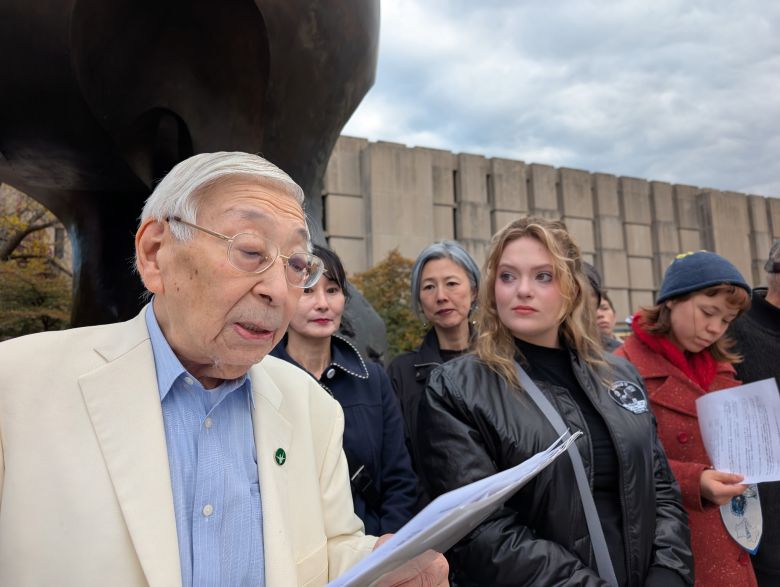UPDATE: Arizona Governor Katie Hobbs has just condemned President Donald Trump‘s proposed compact for the University of Arizona (UA) as a “bad deal” for the university, raising urgent concerns about its implications for academic freedom and funding. Her remarks come as the White House pushes for a decision on the compact by November 21, 2023.
Late Friday, November 17, Governor Hobbs skipped a crucial session of the Arizona Board of Regents where discussions were held regarding the Trump administration’s “compact for academic excellence.” This move underscores a growing divide between state leadership and federal requirements. While no decisions were made during the closed-door meeting, the clock is ticking for UA to respond.
Hobbs expressed that the compact’s demands could border on censorship, particularly concerning provisions that require universities to maintain a “vibrant marketplace of ideas” while potentially punishing dissenting views. “I think we are very much bordering on censorship,” she stated in an interview, highlighting her concerns about implementing such regulations.
At the heart of the compact is a 10-page document detailing several controversial requirements, including a mandate for all undergraduate applicants to submit standardized test scores like the SAT or ACT. Currently, UA does not require these scores for admission, although they are used for class placement post-admission.
The compact also proposes a freeze on tuition for five years and calls for a reduction in administrative costs, all while providing no guarantees of federal funding despite strict compliance demands. “Universities should not balance their books on the backs of students,” Hobbs said, acknowledging the complexities involved in keeping tuition low amidst rising costs.
Moreover, the compact limits international undergraduate students to 15% of the total population, which could significantly impact UA’s revenue since non-Arizona residents pay an estimated $43,100 annually in tuition fees. Hobbs emphasized that these international students help subsidize in-state tuition, making their presence vital for the university’s financial health.
Hobbs also raised alarms over the compact’s provisions that could infringe on academic independence, stating, “I think it’s very concerning.” The risks of losing federal benefits for non-compliance add to the anxiety surrounding this compact, with Hobbs noting that a single misstep could result in UA having to return approximately $500 million in federal funds.
The urgency of the situation has prompted widespread backlash from faculty and local government officials. In a letter to UA President Suresh Garimella, nearly 80 top professors urged him to reject the compact, citing fears of losing existing federal benefits. The Pima County Board of Supervisors and the Tucson City Council have also voiced strong opposition, labeling the compact as “an unacceptable act of federal interference.”
As the deadline for feedback approaches, UA’s administration faces mounting pressure from various stakeholders, including faculty members who worry that compliance with the compact could undermine the university’s core values. The faculty senate has already voted 40-8 against the compact, stressing that it could endanger the independence and integrity of the institution.
With just days left until the decision deadline, the pressure is on for UA to respond to the White House’s demands. Governor Hobbs has made it clear that the responsibility lies with the regents, but her critical stance highlights the complexities and potential repercussions of this federal proposal.
The situation continues to evolve, and the implications of the compact could have lasting effects on the future of higher education in Arizona. As stakeholders assess their options, the urgency for a clear response from the University of Arizona is palpable.







